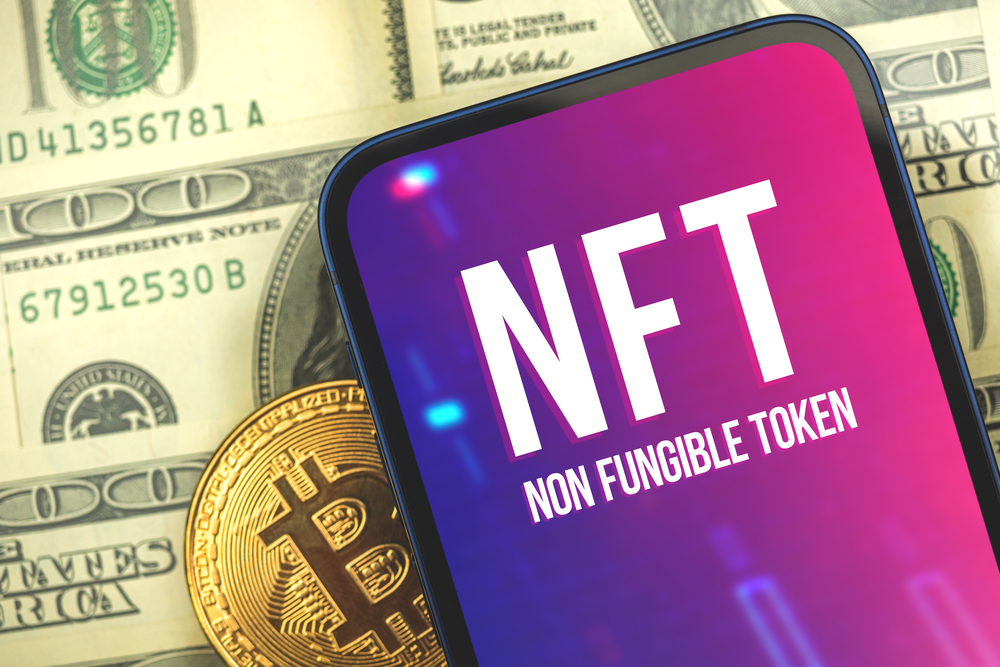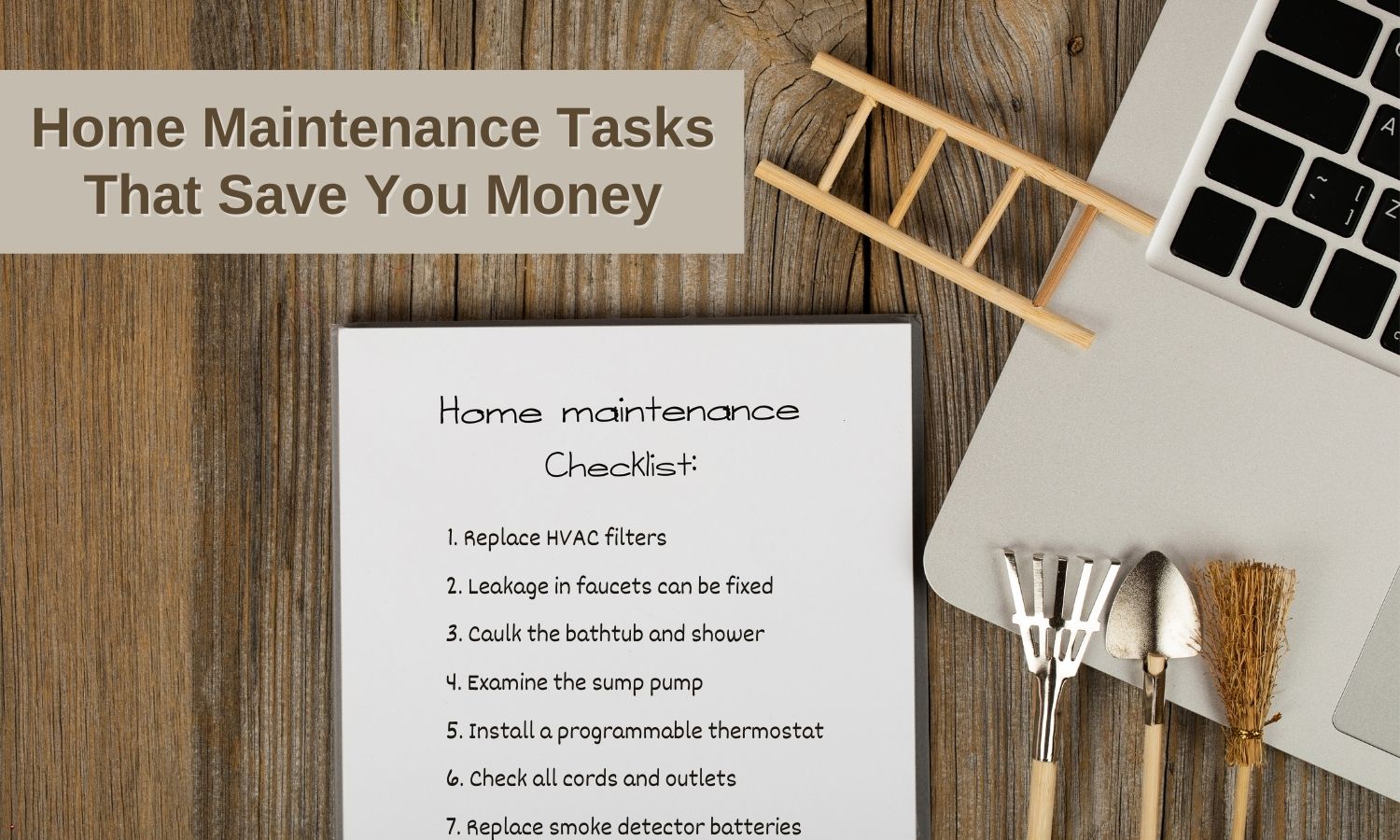What are NFTs? NFT stands for non-fungible tokens. In this guide, we will discuss what NFTs are, how they work, and why you should be interested in them.
NFTs are a new type of digital asset that is quickly gaining popularity in the blockchain community.
They have the potential to revolutionize the way we interact with digital assets online. Let’s take a closer look at what NFTs are and how they can benefit you!
1. What Are NFTs And What Makes Them Different From Other Tokens Or Cryptocurrencies?
Non-fungible tokens, or NFTs, are a type of digital asset that is unique and cannot be exchanged for other assets of the same kind. NFTs are kept on a blockchain and might represent anything from digital art to video game items..
While NFTs share some similarities with other types of cryptocurrencies, there are also several key differences that make NFTs unique.
For one, NFTs are not interchangeable like other tokens or cryptocurrencies. Each NFT is a unique asset, and as such, it cannot be exchanged for another NFT of the same type. This makes NFTs more like physical assets, such as art or collectibles, than traditional cryptocurrencies.
Another key difference is that NFTs can be used to represent a wide range of assets, from digital art to in-game items. This flexibility makes NFTs well-suited for a number of different use cases.
Finally, NFTs are stored on a blockchain, which offers several advantages over traditional databases. For one, NFTs are much more difficult to counterfeit than physical assets.
Additionally, the use of a blockchain allows NFTs to be easily transferred and traded on decentralized exchanges.
All of these factors make NFTs a unique and intriguing asset class with a lot of potential. While NFTs are still in their early stages, they have the potential to revolutionize the way we interact with digital assets.
2. How Can NFTs Be Used And What Are Some Potential App collected and storedlications?
NFTs can be used for a wide variety of things, from digital art and gaming items to crypto-collectibles and even real estate. NFTs can also be used to represent physical assets, like tickets or loyalty points.
Some potential applications for NFTs include:
- Digital art: NFTs can be used to represent digital art, like paintings or illustrations. The NFT can be stored on a blockchain and the owner can sell or trade the NFT.
- Gaming items: NFTs can be used to represent in-game items, like weapons or armor. The NFT can be stored on a blockchain and the owner can sell or trade the NFT.
- Crypto-collectibles: NFTs can be used to represent crypto-collectibles, like Bitcoin or Ethereum. The NFT can be stored on a blockchain and the owner can sell or trade the NFT.
- Real estate: NFTs can be used to represent real estate, like a house or an apartment. The NFT can be stored on a blockchain and the owner can sell or trade the NFT.
- Tickets: NFTs can be used to represent tickets, like concert tickets or airline tickets. The NFT can be stored on a blockchain and the owner can sell or trade the NFT.
- Loyalty points: NFTs can be used to represent loyalty points, like hotel points or credit card points. The NFT can be stored on a blockchain and the owner can sell or trade the NFT.
3. The Benefits Of Owning NFTs And Why You Should Consider Investing In Them
If you’re like most people, you probably think of NFTs as digital art or other creative content that can be traded or sold online. However, NFTs are much more than that. Here are some of the benefits of owning NFTs:
- NFTs are unique. Unlike traditional assets such as stocks and bonds, NFTs are not interchangeable. This means that they can’t be replicated or counterfeited, which makes them much more valuable.
- NFTs are scarce. There is a limited supply of NFTs, which means that they will become more valuable as demand increases.
- NFTs are easy to trade. NFTs can be bought and sold quickly and easily online, without the need for a middleman.
- NFTs are transparent. The entire history of an NFT is stored on the blockchain, which makes it easy to track and verify ownership.
4. How To Buy, Sell, And Store NFTs?
NFTs can be bought, sold, or traded on various online marketplaces. OpenSea is the most well-known NFT marketplace, which offers a variety of NFTs, including art, games, and collectibles.
To buy an NFT on OpenSea, you’ll need to create an account and have Ethereum in your wallet. Once you’ve found the NFT you want to purchase, click on the “Buy Now” button and confirm the transaction.
To sell an NFT on OpenSea, you’ll need to set a price and start the auction. Once the NFT is sold, the buyer will send Ethereum to your wallet.
OpenSea also offers a secondary market, where NFTs can be bought and sold instantly at a fixed price.
NFTs can also be stored in an NFT wallet, such as MetaMask or Trust Wallet. NFT wallets are similar to cryptocurrency wallets, but they’re specifically designed to store NFTs.
To add an NFT to your NFT wallet, you’ll need to connect your wallet to an NFT marketplace. Once you’ve found the NFT you want to add to your wallet, click on the “Add to Wallet” button and confirm the transaction.
5. A Few Examples Of Popular NFT Projects
While there are many NFT projects currently available, a few of the more popular ones include:
- Decentraland: This is a virtual reality platform that uses blockchain technology. Users can purchase land, build on it, and sell it.
- CryptoKitties: This is a game in which players can breed, collect, and trade digital cats.
- Etheremon: This is a game in which players can catch, train, and battle monsters.
- Gods Unchained: This is a card game that uses blockchain technology.
Conclusion | NFTs For Dummies
NFTs are a new type of digital asset that is unique and not interchangeable. This means that each NFT is completely different from any other, unlike traditional cryptocurrencies like Bitcoin which can be divided and subdivided into smaller units.
NFTs have many potential applications, such as providing ownership proof for digital collectibles, tracking the provenance of luxury items, or creating a secure system for online voting.
The rise in popularity of NFTs has led to the development of dedicated cryptocurrency exchanges and wallets specifically for these tokens.
As more people become aware of NFTs and their potential uses, we can expect to see even more innovation in this exciting new area of the cryptocurrency market.
FAQs | NFTs For Dummies
Q: What are the benefits of NFTs?
A: NFTs offer a number of advantages over traditional assets. They are easy to transfer and can be stored securely on a blockchain. NFTs also cannot be replicated, so they offer a degree of scarcity that is not possible with traditional assets.
Q: How can I buy NFTs?
A: You can purchase NFTs on a number of different exchanges, including Coinbase and Binance. You will need to set up a wallet to store your NFTs in, and you will need to use a cryptocurrency such as Ethereum to purchase NFTs.
Q: What are some examples of NFTs?
A: NFTs can represent a number of different things. Some popular examples include digital art, in-game items, and collectibles. NFTs can also be used to represent physical assets, such as real estate or cars.
Q: Are NFTs a good investment?
A: NFTs are a new and emerging asset class, so they come with a high degree of risk. That being said, NFTs have the potential to offer high returns if they gain widespread adoption.
Before investing in NFTs, be sure to do your research and understand the risks involved.
Q: What is the difference between an NFT and a cryptocurrency?
A: NFTs are unique and not interchangeable, while cryptocurrencies like Bitcoin can be divided into smaller units.
NFTs also have a number of potential applications that go beyond those of traditional cryptocurrencies.
Q: Are NFTs safe?
A: NFTs are stored on a blockchain, so they are as safe as the technology underlying the blockchain. NFTs also offer a degree of scarcity and cannot be replicated, which adds to their safety.
However, NFTs are a new and emerging asset class, so they come with a high degree of risk. Be sure to do your research before investing in NFTs.
Q: What is an NFT marketplace?
A: NFT marketplaces are online platforms where you can buy and sell NFTs. Some popular NFT marketplaces include OpenSea and Rarible.
Q: How can I create an NFT?
A: You can create an NFT using a number of different platforms, including Ethereum, EOSIO, and Tron. Each platform has its own specific process for creating NFTs.




